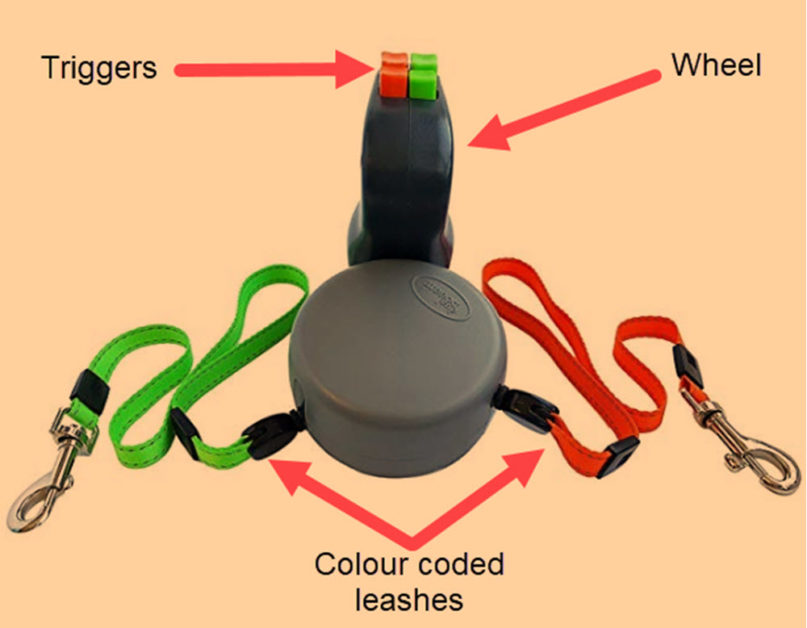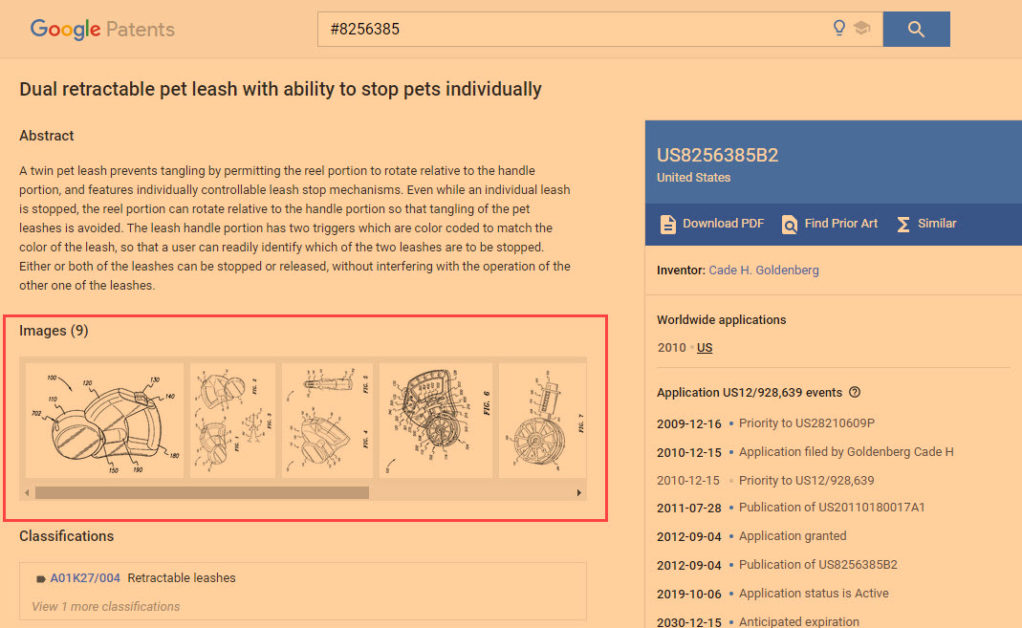Here are three common reasons why people get sued on Amazon. Avoid them at all cost!
Watch the video below:
When starting an Amazon business, or any other kind of business, nobody likes the thought of getting sued.
Getting sued doesn’t happen to every seller, but it does happen to many. Those who have experienced being sued usually weren’t even aware they were at risk — until after it happened to them.
One way to avoid getting sued by Amazon is to understand the reasons why sellers get sued in the first place.
While there are a number of different reasons why a seller might be sued, there are three in particular that we have found many Amazon sellers fall victim to.
In this article, we are going to explain the three major reasons why sellers on Amazon get sued and how you can protect yourself from making the same rookie mistakes.
This article will be very helpful for you if you are either already selling products on Amazon or if you are interested in doing so in the future.
Reason #1: Your Product Hurts Someone and They Sue You For Damages
One major reason for sellers to get sued is that their product hurt someone. This is particularly relevant in the US which doesn’t have a public healthcare system. The US is also the biggest online marketplace for Amazon.
Because of this potential liability, Amazon requires that, if for 3 months, your sales exceed $10,000, you get at least $1,000,000 in insurance coverage. Prior to this level of sales, Amazon does not require you to get insurance.
The easiest way to safeguard yourself against getting sued for this is to avoid selling products that pose a potential risk.
Any item that includes blades, heating elements or sharp edges is going to have a higher risk of hurting someone than simple items such as headphone cases.
One advantage of choosing to sell simple items is that insurance is going to cost less than it would if you chose to sell riskier items. If you start out by selling a simple, less risky item, you’ll also be able to lower the cost of insurance for riskier items in the future (if you decide to sell one) by consolidating insurance.
The more items you have insured the cheaper it usually is to insure them since there is usually a multiple item discount.
Reason #2: Your Product Contains Copyrighted Images
With so many Chinese suppliers selling copyrighted goods, it’s easy to assume that it’s okay for you to do the same.
Even though Chinese suppliers produce these goods, most don’t have the legal right to do so. In fact, most do it just because they think they can get away with it.
You see, copyrighting laws are rarely enforced in China which is why infringement is so rampant despite being illegal. The reason it is so rarely enforced is because, if something is easy to copy and distribute to the masses then, culturally, it is considered a good thing to do.
The West has a completely different perspective about copyright infringement. Instead, the rights of individuals are viewed as more important than the rights of the collective.
Despite China’s perspective, it’s never a wise choice for you to sell products that are copyrighted. Your products will be taken down off of Amazon, and you are risking having legal action taken against you.
Reason #3: Your Products Violate Patents
To understand what a patent is, let us quickly clarify how a patent differs from a copyright or a trademark by defining all three terms.
A copyright is a legal protection of artwork, which means that copywritten artwork cannot be replicated without the copyright holder’s permission.
For example, Mickey Mouse is a copyrighted piece of artwork that is legally owned by Disney.
A trademark is similar to a copyright, but a trademark specifically refers to any artwork, signs and symbols that are related to brands.
Because Mickey Mouse is a piece of artwork and also a well-known Disney brand symbol, Mickey Mouse is both copyrighted and trademarked.
Patents are different. Patents are legal protections of product features or designs.
For example, the dog leash in the image below has three unique features that are designed so that two dogs can be walked at once.

The first unique feature is the wheel that stops the two dog leashes from getting tangled.
The second unique feature is the leash having two triggers that operate separately so that the leash length can be individually controlled for each dog.
The third unique feature is colour-coded leashes that match corresponding buttons.
All these features have been outlined in the Wigzi (a US-based company) leash patent.

Because this leash design has a patent, no one is allowed to manufacture the same design (or any of its features) and sell it in the US.
However, despite the Wigzi patent, Chinese suppliers continue to manufacture and sell their own replica of this unique dog leash. But isn’t doing so illegal?
Well, since the patent field was only filed in the US, the patent doesn’t apply in other countries. For a patent to be applied worldwide, it needs to be filed for every specific region.
Because there is no active patent for this style of dog leash in China, Chinese suppliers are not breaking any laws by producing and selling a replica.
But there is a catch. If you were to import a replica of this dog leash from China to the US and then sell it on Amazon, that would be a big mistake.
Wigzi, the owners of the patent for the dog leash, would immediately have your product listing taken down and would likely sue you. It may be legal to sell the leash replica in China, but it is illegal to sell it in the US.
To avoid selling a patented product, first look to see if there are any other similar items being sold on Amazon.
If the product you are wanting to sell has unique features and there are no other products like it listed, there is a good chance that it is patented.
Second, identify the company that sells the product and go to its website to see if any patents are listed (a patent number is usually seven digits in length). If you find patent numbers, go to a free tool like Google Patents and check to see if the patents are still active.
The Bottom Line
Knowing what products to avoid selling is crucial to avoiding getting sued. Avoiding certain products prevents you from messing around with things like copyrights, trademarks and patents.
As much as sales and profits are the focus for an Amazon business, it’s more important that your business survives. Make sure to choose products that are legally safe to sell on Amazon.
As a seller trying to grow your business, be aware of the three primary reasons for being sued. When you are researching a product to manufacture and sell on Amazon, make sure to follow the advice outlined in this blog article.

